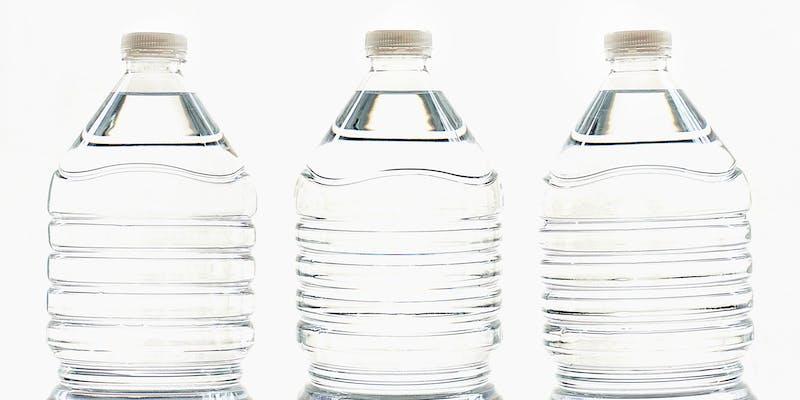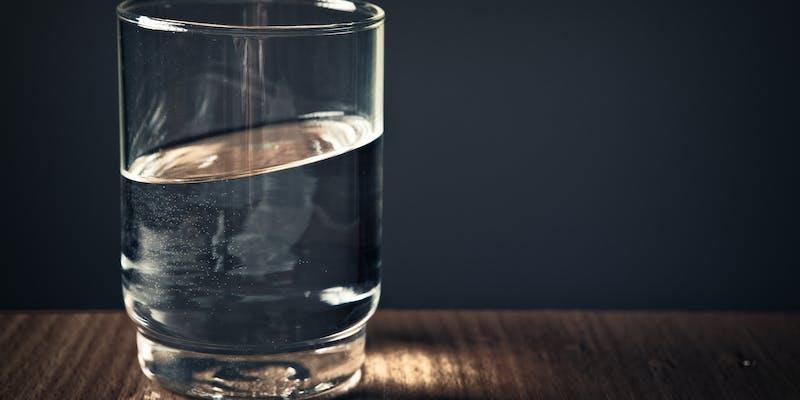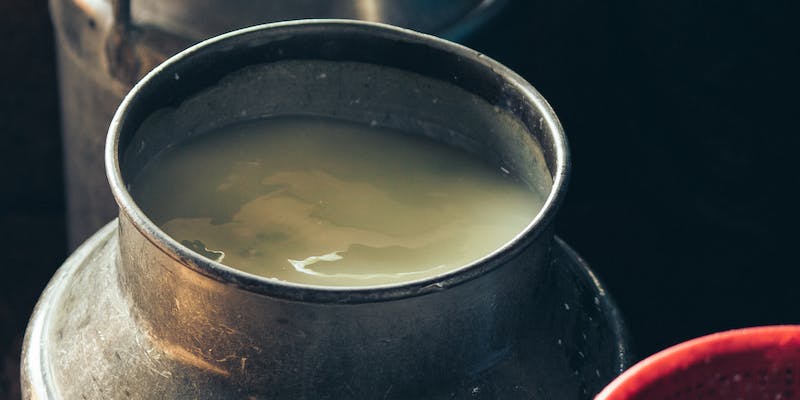According to the New York University Langone Medical Center, American bottled water consumption exceeds 2 billion liters annually. Bottled water refers to any container-filled water designed for human consumption. Despite this, confusion may result from the exceedingly wide variety of options. Distilled and filtered water from water filtration systems are two bottled water types suitable for human consumption.
What Is Filtered Water?

Filtered water is virtually identical to purified water but lacks naturally occurring impurities. Activated charcoal filters are employed to remove contaminants such as chlorine. Chlorine is utilized in the treatment process to guarantee that the water supply delivered to residential properties from the water treatment facility is free from microorganisms.
Chlorine, a safe disinfectant utilized in the United Kingdom to purify drinking water, may be detected by some individuals through its odor or flavor. Moreover, residential proximity to a nearby water treatment facility may result in elevated chlorine concentrations in the water, in contrast to a greater distance, which may lead to lower levels.
The Drinking Water Inspectorate (DWI) of the United Kingdom asserts that heterogeneous water sources might comprise different chlorine levels. If you dislike the taste or odor of chlorine, they therefore advise the following:
- Tap water frozen in a tightly sealed container should be discarded after 24 hours, and the jug should be frequently cleaned before consumption.
- Activated carbon-containing water filters that remove chlorine should be implemented.
Activated carbon is capable of admitting chemicals. Carbon monoxide-treated charcoal is utilized in carbon water filters by interstices of the carbon atoms one-millionth of each other. Such undesirable molecules as chlorine, pesticide and herbicide chemicals, and volatile organic compounds (VOCs) that impart odor and flavor to water are efficiently adsorbent and subsequently eliminated via this mechanism.
Pros Of Filtered Water
Free Of Chlorine
Chlorine-free water kills bacteria, viruses, and parasites faster. According to CDC guidelines, potable water should not exceed 4 milliliters per liter of chlorine. This doesn't mean you should drink chlorine. Chlorine-containing water can cause asthma, congenital disabilities in babies, bladder and rectal cancer, bad taste and smell, and food allergies.
Dismisses Bad Bacteria
Not seeing microbes doesn't mean they don't exist. Distillation reduces illness by removing harmful microorganisms from drinkable water. Not all filtration systems kill microbes, so get a distillation unit. Simmering water after water filter is another option.
Better In Taste
Drinking tap water isn't particularly tasty. City residents in New York say the water is unsafe to drink. The water is small, sour, and delicious. Filtered water improves flavor immediately. The water is clear and refreshing. A person's smell may also decrease, which in a perfect world would mean they don't smell.
Decreases Limescale
Limescale in water does not necessarily make it dangerous. White, flaky grime would likely be found inside your electric teapot. This doesn't endanger the kettle's safety, but it's annoying to remove, so avoid doing it more than once a month. When possible, use water filters to remove limescale and abrasive minerals from soft water, which is considered better.
Cons Of Filtered Water
Expensive
One con is that installing a home filtration system costs around $2,000. Even though they last for years, high-quality filtration systems are expensive upfront. Some may find investing a few thousand dollars and spreading it out over three years more practical than buying bottled water weekly. Change the filter in your container within a month to three months of purchase.
Plastic Filters
Although periodic replacement is still necessary, a plastic water filtration system can significantly mitigate the plastic waste associated with bottled water. When attempting to decrease waste, we advise you to choose a product with an integrated water filtration system.
What Is Distilled Water?

Dilated water, akin to the process by which a monk ascends to the papacy, has undergone an even more profound purification. The purification process eliminates chlorine, traces of heavy metals, and compounds that impart a subtle aquatic taste to tap water. Avoiding the ingestion of these contaminants is preferable due to their dangers. Nonetheless, the minerals that are advantageous for maintaining bodily health are preserved. Distilled water effectively removes nearly all substances.
A process that may be reminiscent of high school science projects involves the following steps: vaporize water by bringing it to a boil, then collect the resulting steam before it returns to water. The outcome of distilling pre-purified water is a substance of comparable purity to a collection of kittens in their first week of life. Since it is the gold standard for pure water, distilled water is preferred in laboratories and medical facilities. Incomparably more pristine than convents.
Pros Of Distilled Water
Body Cleansing
Distilled water is the purest and most effective drinkable water because it has no additives. Its apparent simplicity may lead some to believe it cleans the system despite a lack of evidence. The appeal is flushing the body with nearly pure water. Despite its apparent benefits, scientific studies have not proven these cleansing effects work.
Lowers Disease Risk
You greatly reduce your risk of water-borne diseases by drinking distilled water. Distillation kills harmful microorganisms because of this. According to the WHO, waterborne diseases cause illness and death worldwide, especially in areas with scarce drinking water. Distillation solves this problem better than filtration because it purifies water better.
Avoiding Harmful Chemicals
The EPA regulates potable water chemical concentrations. The limits are not very strict so dangerous substances may be present in trace amounts. Purified water guarantees no contaminants. Distillation allows dissolved water to evaporate and condense back into a liquid. Use this method to ensure your water is free of contaminants from tap water. Conscientious people would use distilled water to reduce their exposure to these substances for their health.
Cons Of Distilled Water
Free Radicals
Hydrogen is brought to a more purified form with the process of distillation. Though this is beneficial to the body, purified hydrogen can result in the creation of what are known as free radicals. Free radicals are atoms in the body with unpaired and uneven electron counts that can encourage inconsistency in the body's makeup. The lack of mineral intake can cause cancer.
Depletion of Minerals
All minerals not chemically reduced to H2O evaporate during distillation, leaving only water. This process benefits everyone by removing harmful bacteria from most distilled water supplies. The World Health Organization mentions that water minerals are essential for human health. Like microbes in water, these minerals evaporate and are removed.




